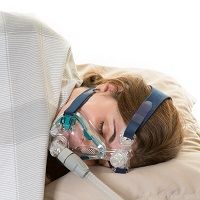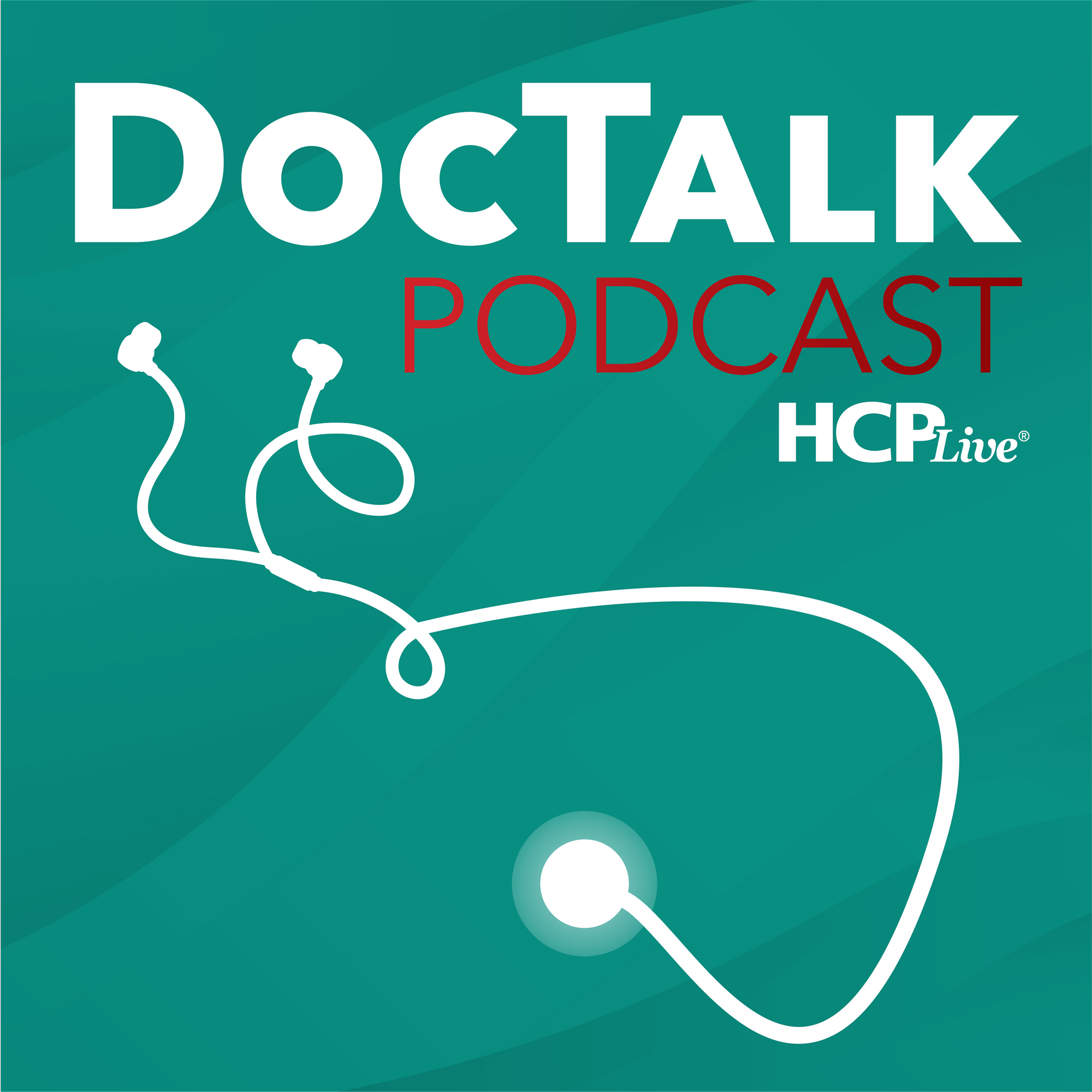Article
Sleep Apnea Appears to Increase the Risk of Developing Gout
Author(s):
Gout, a complex type of arthritis, has its own set of challenges. From expensive flare-ups to food-triggering pain, new insight on the disease is always welcomed. Now, researchers have identified a group of patients who could be more likely to developing gout.

Gout, a complex type of arthritis, has its own set of challenges. From expensive flare-ups to food-triggering pain, new insight on the disease is always welcomed. Now, researchers have identified a group of patients who could be more likely to developing gout.
A general population study published in Arthritis & Rheumatology exhibited exactly why sleep apnea should not fall into the background when it comes to the development of other conditions. Yuqing Zhang, MD, DSc, an epidemiologist at Boston University School of Medicine, and colleagues examined the connection between the two during a one-year analysis.
Why evaluate the relationship? “Sleep apnea is associated with hyperuricemia owing to hypoxia-induced nucleotide turnover,” the authors explained.
Patients with sleep apnea were collected from The Health Improvement Network in the UK. They were matched for sex, age, birth year, body mass index (BMI), and sleep apnea diagnosis year with up to five participants without the sleep disorder. The final cohort consisted of 9,865 patients with sleep apnea and 43,598 without.
Using a Cox proportional hazards models, the team analyzed the incidence rates of gout with relation to sleep apnea. They adjusted the data for potential confounders. An addictive hazard model was used to find the rate difference in gout as a result of the sleep disorder.
A total of 270 cases of gout developed within one of follow-up. The incidence rate was 8.4/1,000 person-years for those with sleep apnea and 4.8/1,000 person-years for those without.
“The crude and multivariate rate ratios of incident gout for sleep apnea were 1.7 and 1.5, respectively,” the report detailed. “The corresponding rate differences were 3.6 and 2.8 per 1,000 person-years.”
These figures indicate that sleep apnea is independently linked with a higher risk of gout. The researchers noted that the association was also observed in subgroups, further supporting the positive correlation.
“Future research should examine the potential benefits of correcting sleep apnea-induced hypoxia on the risk of hyperuricemia and gout flares,” the authors concluded.




